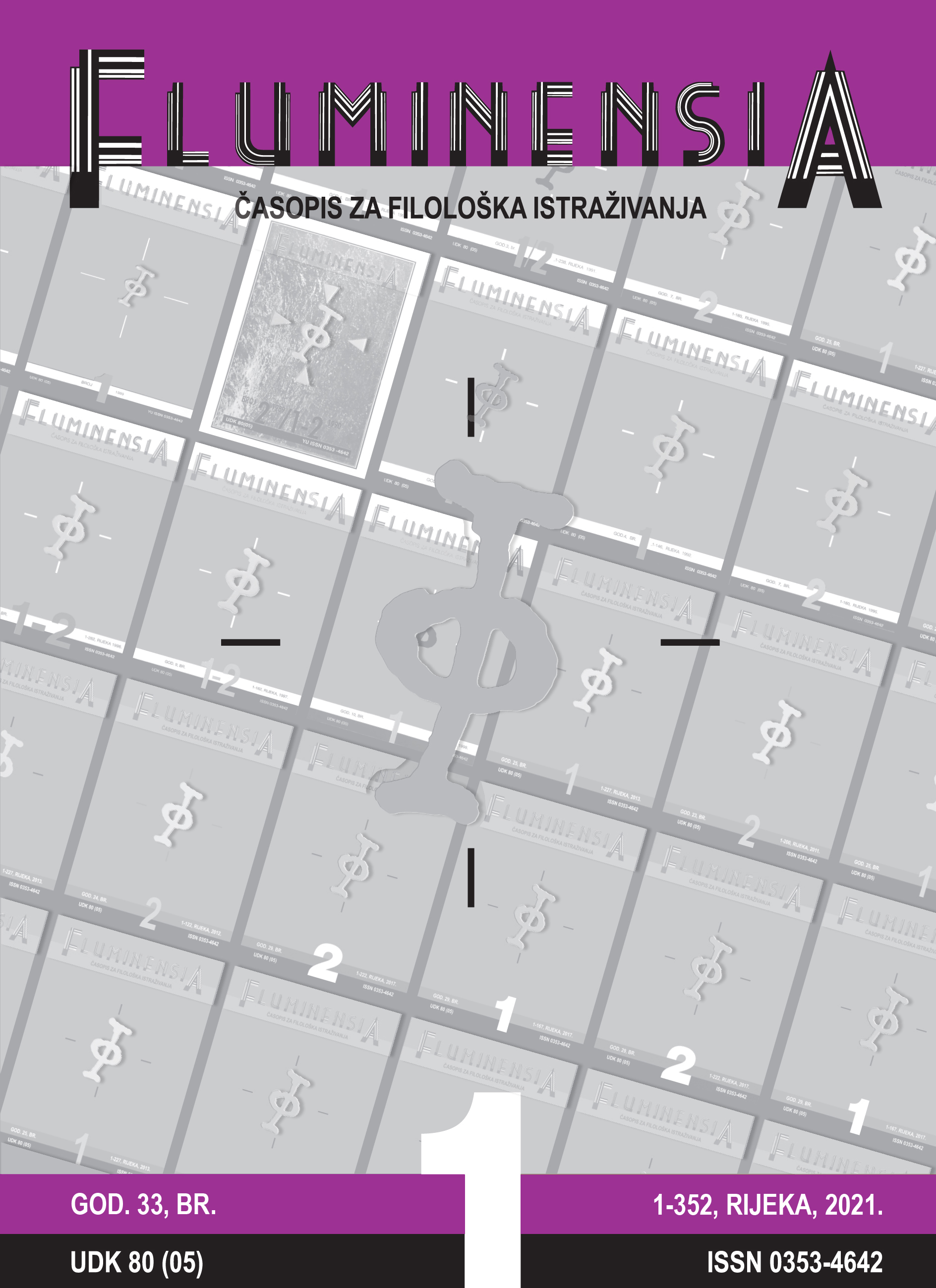“World of Culture” and “World of Life” in Darko Gašparović’s Work
Keywords:
actor, world of life, world of culture, abject, concordia discors, borderlandAbstract
Darko Gašparović was a prominent theatrologist, dramaturge, literary historian, as well as a dramatist and a maker of Croatian cultural landscape of theatre practice. He built his oeuvre in an immensely intriguing way: beginning with an interest in Artaud’s as well as Kamov’s and Krleža’s works, leading to the collection of his literary essays “Zlatno runo” (“Golden Fleece”) – he did travel an interesting road. As much as his interest seemed to fundamentally change over time, just like his attitude towards diverse aesthetics, in this paper I will try to show that his interests remained essentially the same on a deep level. In doing so, I will rely on the theses of several significant theorists (Lyotard, Gavella, Sloterdijk, Bahtin, Kristeva, Bielefeld).
Gašparović worked both as a practitioner and as a theoretician, as a historian and as one who actively participated in the making of the contemporary image of theatre (among other things, as a long-time artistic director of the Croatian drama, and as a director of the Croatian National Theatre Ivan pl. Zajc in Rijeka), trying to realize the conjunction of the seemingly incompatible, and to achieve concordia discors (inharmonious harmony), confirming in both his theoretical and practical work that theatre is the borderline or a junction between, that is, a “scar” of these two categories which are often unfairly split in Western culture.
In this paper, I will pay close attention to the correlation between the visible and the invisible, the present and the past, individual and societal systems, the internal and the external, that is, the binary oppositions that Darko Gašparović, in one way or another, permanently problematized. I will analyse Gašparović’s tendency to question what is “in” but also “by” and/or “behind” the words.
Gašparović is permanently committed to the phenomenon of acting but also to theatre in the broader sense of the word. For him, the actor is the key figure, who walks the borderlands of the “world of life” and the “world of culture”. Acting and the actor, as well as the play, and the theatre as a social/communal phenomenon, make irreducible differences noticeable, questionable, and precisely in this way they deeply impact both the conscious and the unconscious bits of an individual and the community.

